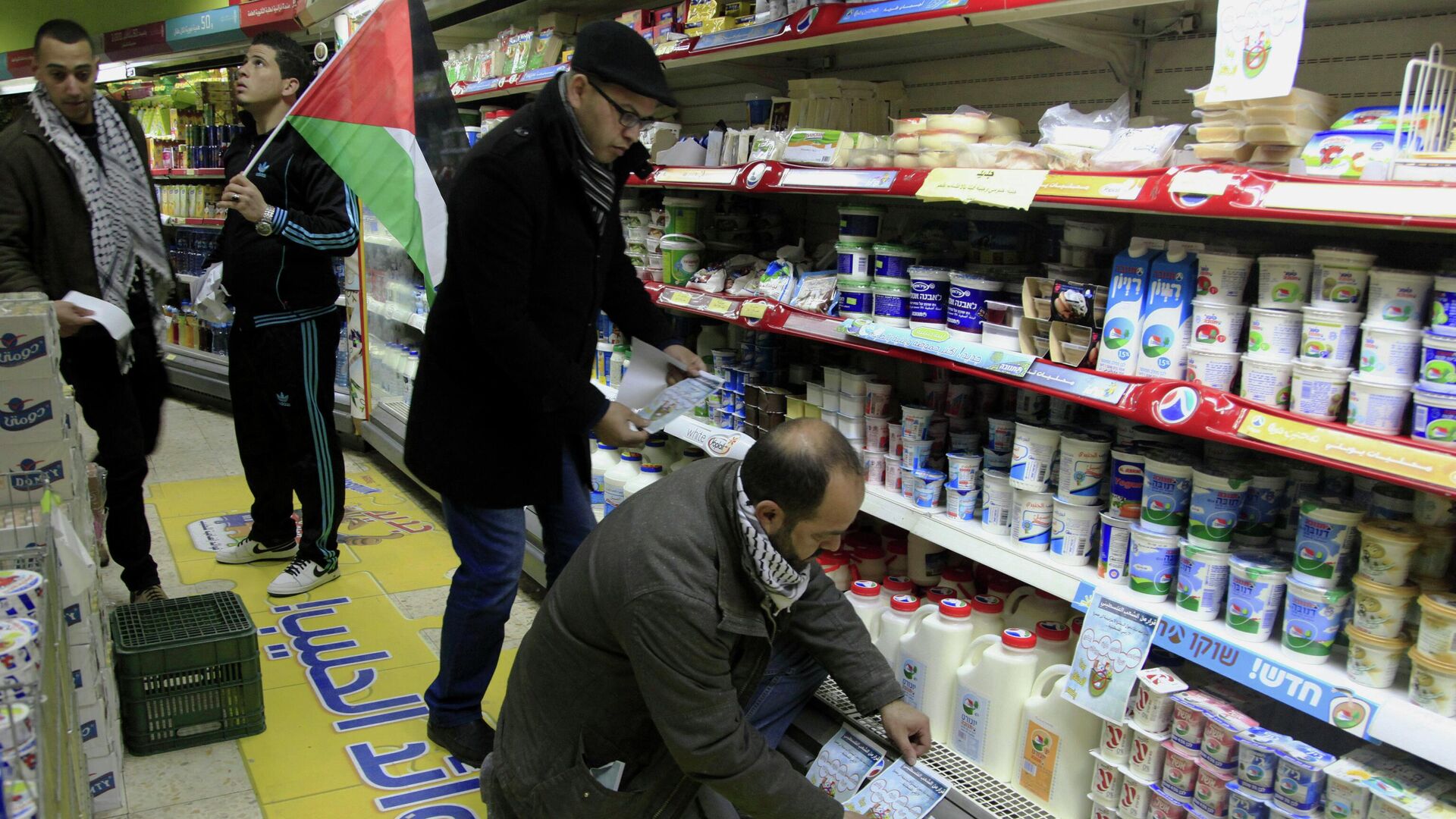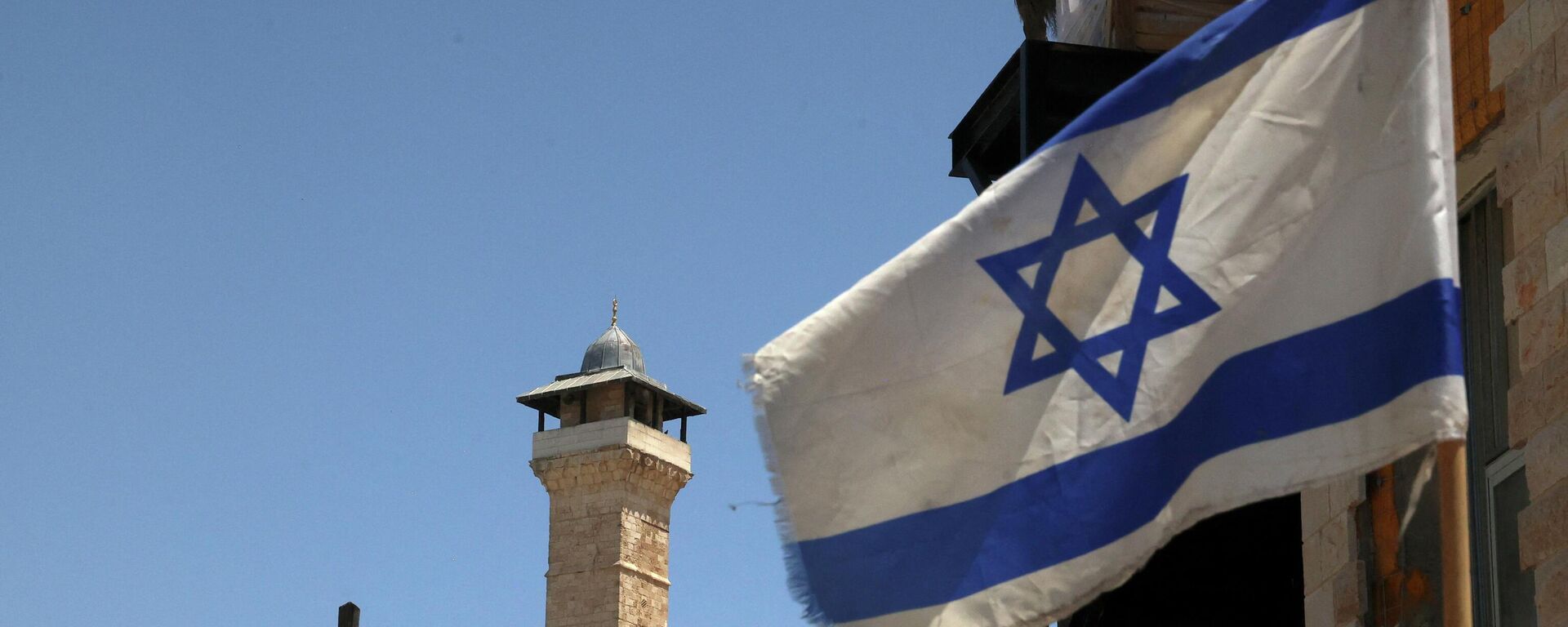Prices in West Bank Continue to Soar; Local Employee Says Palestinians Can Hardly Make Ends Meet
08:25 GMT 29.06.2022 (Updated: 09:44 GMT 29.06.2022)

© AP Photo / Mahmoud Illean
Subscribe
According to some estimates, prices for basic food in the Palestinian territories have gone up 30 percent in recent months. This has triggered protests across the West Bank, with demonstrators demanding that the government interfere to handle the crisis.
In recent months, the prices of all basic products in Israel as well as fuel and real estate have gone through the roof, and Israelis have already started voicing their concerns. They've set up tents in the center of Tel Aviv and are planning to take to the streets on Saturday evening to vent anger at the government for failing to address their economic concerns.
A similar phenomenon is also being seen in the West Bank. In early June, Palestinians started demonstrating in several locations across the West Bank, demanding that their government tackle the soaring food prices that have gone up by 30 percent since March.
Not Able to Make Ends Meet
Nizar Nobani, a Palestinian employee of the PA security forces, is just one of many who have been feeling the sting of soaring prices.
The 49-year-old father of six rents an apartment in the West Bank city of Nablus, where he pays about $450 per month, and he says he can barely make ends meet.
"I receive some 4,000 shekels per month [roughly $1,200]. Half of my salary goes to pay for rent and various bills. The other half goes to provide food, education and clothes to my family, and this is definitely not enough," he complained.
Not long ago, the situation had not been that bad for Nobani. Before the price hikes, he admits his economic situation was bearable. He provided for his family and even managed to save some money from his monthly salary.
Now his savings are all gone. Local authorities have tried to explain to the masses that the spiraling prices were triggered by the raging hostilities between Russia and Ukraine, something that influenced the export of grain. But Nobani is certain it is only a small piece of the puzzle.
"I started noticing that the prices were going up a year ago, long before the eruption of the hostilities in Ukraine," he recalled.
"Of course, whatever is happening in the world affects us. But our financial situation has been bad even before. Part of the problem was the coronavirus pandemic. Another one was the lack of any strategic economic plan put forward by the PA. And that has made us vulnerable to new crises," he added.
Government to the Rescue?
The outbreak of COVID-19 in the Palestinian territories in March 2020 has shattered the already fragile Palestinian economy. In 2021, the PA reported that 34 percent of its population was unemployed. Poverty reached 29 percent, an eight point spike from 2016.
The PA has been struggling to cope with the crisis, partially because it lacked the necessary funds; and partially due to the fact that no economic assistance has been offered to the population. The result was that people like Nobani felt helpless.
"The only thing I am getting from the government is my salary. As I am considered a government employee I am not allowed to take any odd jobs, but the government doesn't lift our salaries either, so there is a gap between what we are earning and the daily expenses that continue to rise," he lamented.
Nobani is supportive of the protests now taking place across the West Bank. Just like hundreds of thousands of other Palestinians, he wants to live in dignity. But looking at the situation now, he says his hope for a better future are slowly vanishing.
"If it continues like this, I doubt we will see an improvement. And this means that we will continue to become poorer."



